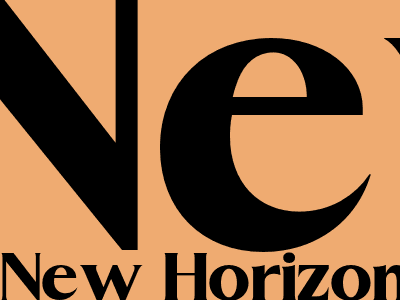
New Horizons in Mental Health and Mindfulness Apps Market
Embracing Technology for Improved Mental Well-being
The global mental health and mindfulness apps market is on the rise, driven by the increasing prevalence of mental health conditions and the growing adoption of mobile technologies. These apps offer a range of services, from therapy and counseling to meditation and mindfulness exercises, providing users with convenient and accessible tools to manage their mental well-being.
Key Market Trends and Innovations
The market is characterized by several key trends, including:
- Increased demand for personalized mental health services: Apps are tailoring their offerings to meet the unique needs of individual users, providing personalized therapy plans and recommendations.
- Integration with wearable devices: Apps are increasingly integrating with wearable devices, such as fitness trackers and smartwatches, to monitor physiological data and provide insights into mental health patterns.
- Use of artificial intelligence (AI) and machine learning (ML): AI and ML algorithms are being employed to analyze user data and provide real-time feedback and support.
Key Players and Partnerships
Major players in the market include Headspace, Calm, and BetterHelp. These companies are forming strategic partnerships with healthcare providers, insurance companies, and employers to expand their reach and offer integrated mental health solutions.
Benefits of Mental Health and Mindfulness Apps
- Improved access to care: Apps provide convenient and affordable access to mental health services, reducing barriers to care, particularly in underserved communities.
- Reduced stigma: Apps can help reduce the stigma associated with mental health conditions by providing a private and anonymous platform for users to seek help.
- Enhanced self-management: Apps empower users to take an active role in managing their mental well-being through self-monitoring, guided exercises, and personalized feedback.
Challenges and Future Outlook
The market also faces challenges, including data privacy concerns, the need for rigorous clinical validation of apps, and ensuring equitable access to these technologies. However, the future outlook for the mental health and mindfulness apps market remains positive, with continued growth expected as the demand for accessible and effective mental health solutions increases.